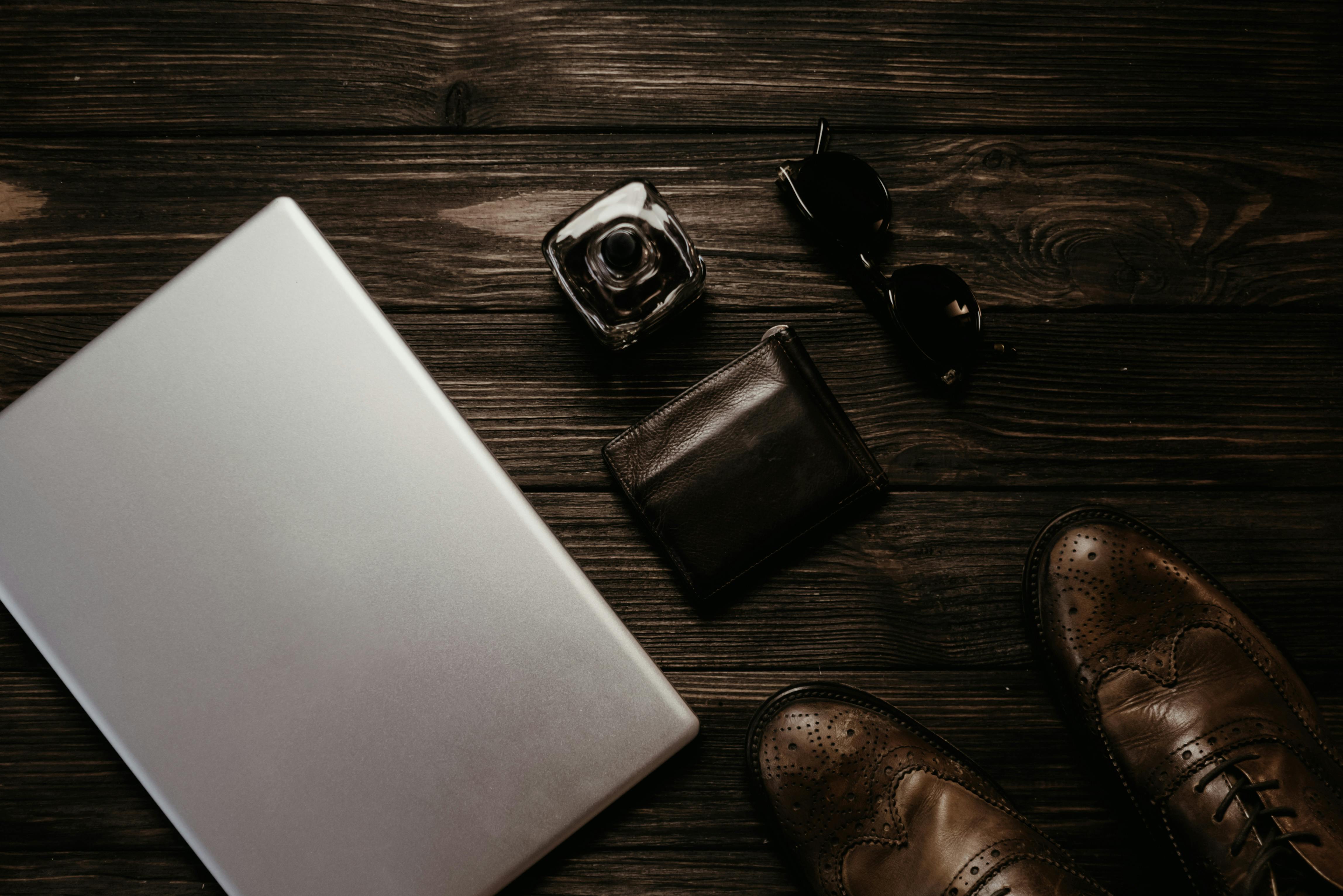Belief is a powerful drug. It is a drug that works best at the deepest levels of the human mind, affecting it both consciously and subconsciously. Belief, how a drug works, when human beings perceive that it comes from something authentic. The critical word here is ‘perceive’, since for human beings perception is reality. Frankly, perception is all that really matters.
It doesn’t really matter what the facts are, but beliefs in the potency of a weird-tasting energy drink, military flags and uniforms, homeopathy, a swoosh sign, or some exotic female beauty potion have led to the creation of huge companies, institutions and marks. These symbols or ideas or brands trigger significant positive change in your consumers or followers.
Placebos, in the medical field, have helped relieve chronic pain, depression, rheumatoid arthritis, high blood pressure, angina, asthma, ulcers, Parkinson’s disease, and even cancer. Placebos in medical terms are ‘pharmacologically inert drugs’, medically speaking, placebos can be a pill or an injection, in a non-medical world placebos can also be ideas or brands, a good luck charm, a ritual, a perfume that we wear on a first date.
Placebos are excellent problem-solving tools. They are ideas that are planted in our mind. In a sense, they hack our brains. When these ideas are held, they trigger beliefs. And beliefs create expectations. “Expectations create a different reality for us that we don’t really appreciate,” said Dan Ariely, a behavioral economist. The best thing about placebos is that they are very effective. And they do it without incurring side effects. Since they are mostly ideas, they cost very few physical resources to make or manufacture. And yet, they offer a lot of value to their recipients.
Like all things that don’t seem logical at first, we underestimate the power of the placebo effect. A placebo, if administered properly, is a great problem solver and something of a force amplifier in the hands of a large number of professionals: doctors, pharmaceutical companies, product innovators, leaders, marketers, advertisers, and professionals. creative, organizational development people etc.
There are very amazing examples of placebos in medical science that prove certain surgeries or procedures to be nothing more than a placebo. A meta-study of several studies involving thousands of patients concluded that coronary stents for the heart have a placebo effect. The option of patients taking medication instead of having a stent installed is as effective as the procedure of having a stent installed. So far the fuss about the exorbitant prices of stents and the need to regulate them in countries like India.
A study similar to knee surgery for joint pain (actual partial meniscectomy where they actually cut the knee) was done. One group of respondents received real surgery and the other group received sham or sham knee surgery (imitation of a real one with real tools). Over 12-month follow-up, both groups experienced equal and significant improvements.
Human beings have had a tough journey, like an average animal to survive. In general, as a species, we have been resilient, having survived and outlasted a host of competing species. This hard journey has been aided by an amazing ability that we have developed in the course of our evolution. It is the ability to heal ourselves literally and metaphorically.
Placebos raise our expectations. Placebos work by persuading the body to invest more resources in recovery. People consciously believe that the placebo in the sugar pill will make the headache go away, and lo and behold, it often does.
Our evolution has genetically prepared us not to trigger our own self-healing. We look for an external agent or a placebo to trigger our self-healing both psychologically and physiologically. Our harsh survival experience tells us that good things don’t come easy or that “there is no free food.” So our logic tells us. that an effective placebo must involve some effort or cost to obtain it. An effective placebo cannot be something common or free, a random sugar pill.
In the following articles we will see some of the characteristics of the placebo effect, how it manifests itself in our lives and in our business. It is an amazing effect, underutilized and underexploited by medicine, marketing, business and the arts. In fact, it seems that businesses and brands use the placebo effect much more than medicine.
